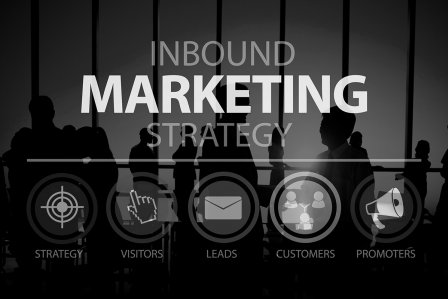
Web analytics: when Google Analytics is not enough
It happens to all of us. Surely to you too: when you think about web analytics, Google Analytics immediately comes to mind. This incredibly powerful tool is almost an online industry standard that allows you to measure not only who enters your website, but also how, when and a thousand other variables. And it is also free.
However, did you know that there is a multitude of alternative or complementary software to Google Analytics? Today there are many web analytics tools that offer different data and features, and knowing how to combine them and get the best out of each one is key to developing a good strategy to understand what happens on our webpage and how our users act.
What is web analytics and what is it for?
Web analytics consists of the collection, measurement, evaluation and rational explanation of the data that users generate when visiting and interacting with our website.
However, despite the avalanche of data provided by the different web analytics tools, we must never lose sight of the fact that the objective is to use these insights to improve our strategic marketing objectives. The key is to interpret the data and, based on that, make informed decisions aimed at meeting previously established objectives: increase conversions, optimise our advertising campaigns, identify our potential audience, etc.
In this sense it is essential to differentiate between metrics and KPI:
- The metric is a crude indicator, a number such as the number of visits to the website.
- The KPI (Key Performance Indicator) is an indicator created from a metric and associated with a mathematical formula to assess the degree of achievement of an established objective. An example of a metric is the sales conversion rate.
Web analytics for industrial B2B
In order to establish a good analytical strategy, you must have clear and well-defined objectives for the website, which must be clear and well defined. Below we define a few KPIs, the five most representative, which will help us to correctly measure where we are on the road, what improvements we can make and how far we still have to go to achieve the set objectives.
Depending on what we want to measure, we will opt more for one tool than another.
In the case of industrial B2B companies, these are some of the most common KPIs:
- Conversion rate (conversions/visits). This conversion is an action that we want the user to carry out, and it can be of many types: to buy from us, to spend time on our website, to leave us their personal details, to download a file, to subscribe to the newsletter, etc.
- Bounce rate. When they enter our site, do users find what they are looking for?
- User loyalty (recurring visitors/new visitors). Do we attract new users? Do they repeat over time?
- Time spent. How much time do they spend browsing?
- Traffic source. SEO, SEM and social media performance evaluation.
- Cost per conversion (conversions/investment in SEM). For this we will have to link Google Ads to the analytics tool that we are using.
Life exists beyond Google Analytics
Not all web analytics starts and ends with Google Analytics. In this post we are going to review some of our favorites to help you discover which ones can help your company.
Some are alternatives, but others are complementary because they specialise in solving a specific need.
Matomo, maximum data protection
Matomo, formerly known as Piwik, is one of the most popular alternatives to Google Analytics, since it offers similar benefits, but with open source software.
Its strong point is data protection. While Google Analytics uses its own servers, located outside of Europe, with Matomo you can store your data on your own server, maintaining full control over them and without sharing them with third parties.
In fact, Matomo is free unless you want to host it in the cloud or use some premium services, such as the heat map. Furthermore, it offers the possibility of analysing the behaviour of individual anonymous users. The code is 100% customisable, but you may need the help of a developer.
Clicky, real-time analytics
One of Clicky's biggest advantages is that, unlike many competitors, it offers real-time data, with highly detailed graphs and reports. Like Matomo, this tool also allows the analysis of individualised visits: you can see what each user does, as well as their history throughout different sessions and even identify them with a username or email.
Clicky is free if you have a website with less than 3,000 visits per day. From here you can go onto different payment plans that also include an advanced heat map generation system not only for each page but for each individual user. It is therefore the perfect solution for investigating the user experience. Clicky also offers an integration with Twitter that allows monitoring mentions on Twitter of an account, website, or any URL or keyword.
Woopra, live chat
Woopra also gives real-time information on the activity of visitors to your website, and also offers reports related to the customer journey such as conversion funnels, abandonment rates, customisable triggers, etc.
It is also the only analytics tool that allows you to chat live with site visitors while they are browsing. This could be a great opportunity to interact with your clients. Woopra's interface is visual and user friendly. In its free version it allows analysis of up to 500,000 interactions per month and stores the data for 90 days.
Crazy Egg, heat maps
Crazy Egg's heat and scroll maps provide a very visual image of what visitors are doing on your website: where exactly they click, how they move the pointer, how far they move within each page, and how they interact with your site.
With a very simple and intuitive interface, Crazy Egg also allows instant A/B testing. This tool offers integrations with Shopify and WordPress and has 4 payment plans with a 30-day free trial.
Mixpanel, mobile and voice analytics
Mixpanel specialises in mobile and voice searches. With detailed metrics, this tool is geared towards marketing research and incorporates machine learning features to analyse user behavior and allow you to spot your strengths and weaknesses.
They highlight their engagement and retention, funnel and A/B tests analytics. The free plan allows you to analyse up to 1,000 users per month and stores the data for 90 days.
Conclusion
We hope these reviews are helpful to you. Nowadays there is a wide range of analytical tools available and the lsit of possibilities which best fit your needs is almost endless. At BCM we can help you find the ideal software for your project and interpret the results to grow your business.











